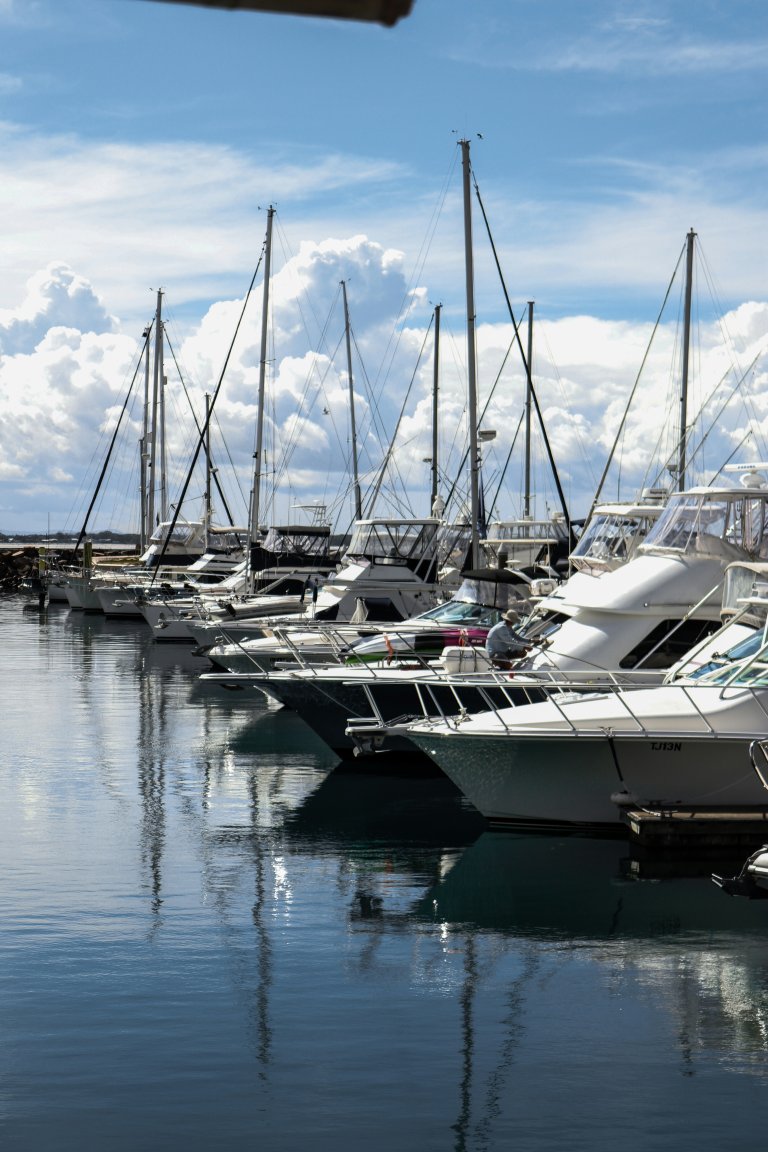Dubai Places First for Hotel Occupancy Levels
Dubai has once again solidified its position as a world-class tourist destination, as it recently claimed the top spot for hotel occupancy levels. According to the latest report by STR, a global data benchmarking company, Dubai recorded an average hotel occupancy rate of 86.3% in 2019, surpassing other popular destinations such as London, Paris, and New York.
The Rise of Dubai’s Tourism Industry
Dubai’s rise to the top of the hotel occupancy levels can be attributed to the emirate’s strategic efforts in promoting itself as a global tourism hub. In recent years, Dubai has invested heavily in its infrastructure, launched innovative marketing campaigns, and hosted numerous high-profile events and conferences. These efforts have paid off, as the number of international overnight tourists in Dubai has increased by 5.1% in 2019, reaching a record-breaking 16.73 million visitors.
Furthermore, Dubai has also emerged as a popular destination for business travelers, thanks to its world-class facilities and ease of doing business. In fact, in 2019, Dubai was the sixth most visited city in the world for business purposes, attracting 3.7 million business travelers.
The Impact on the Hospitality Sector
The rise in hotel occupancy levels in Dubai has had a significant impact on the hospitality sector. The demand for hotel rooms has steadily increased, resulting in a rise in room rates and revenue-per-available-room (RevPAR). In 2019, Dubai’s average daily room rate (ADR) was AED 571.09, and the RevPAR was AED 492.36, marking an increase of 2.1% and 3% respectively from the previous year. This growth is a clear indication of the economic benefits that the hospitality sector brings to the emirate.
Moreover, the increase in hotel occupancy levels has also resulted in job creation within the hospitality industry. According to the Dubai Statistics Center, the hospitality sector employed over 570,000 people in 2019, accounting for 7.4% of Dubai’s total employment. With the continuous growth of the tourism industry, this number is expected to rise further, providing employment opportunities for both locals and expatriates.
Dubai’s Unparalleled Hospitality Offerings
One of the factors contributing to Dubai’s success in the hospitality industry is its unparalleled offerings to tourists. The emirate boasts a diverse range of accommodation options, from luxury hotels and resorts to budget-friendly options. Dubai is also known for its world-class attractions, shopping malls, and dining experiences, making it a top choice for travelers of all budgets and preferences.
Furthermore, Dubai’s warm hospitality and welcoming culture have also played a major role in attracting tourists. The emirate has consistently been ranked as one of the safest cities in the world, making it an ideal destination for families and solo travelers alike.
The Future of Dubai’s Tourism Industry
While 2020 has been a challenging year for the global tourism industry due to the COVID-19 pandemic, Dubai remains optimistic about its future in the sector. The emirate has implemented strict safety measures and protocols to ensure the well-being of tourists, and has also launched various campaigns to promote Dubai as a safe and desirable destination.
Additionally, Dubai is continuously investing in new developments and initiatives to enhance the tourism experience. The city is currently working on major projects such as the Expo 2020, which is expected to attract millions of visitors and drive economic growth in the coming years.
In Conclusion
Dubai has undoubtedly established itself as a leader in the tourism industry, with its top-ranking hotel occupancy levels being a testament to its success. The emirate’s continuous efforts in promoting itself as a global destination, coupled with its world-class offerings and warm hospitality, have made it a top choice for travelers from all over the world. With promising developments and initiatives on the horizon, Dubai’s position at the top of the hotel occupancy levels is expected to continue for years to come.
